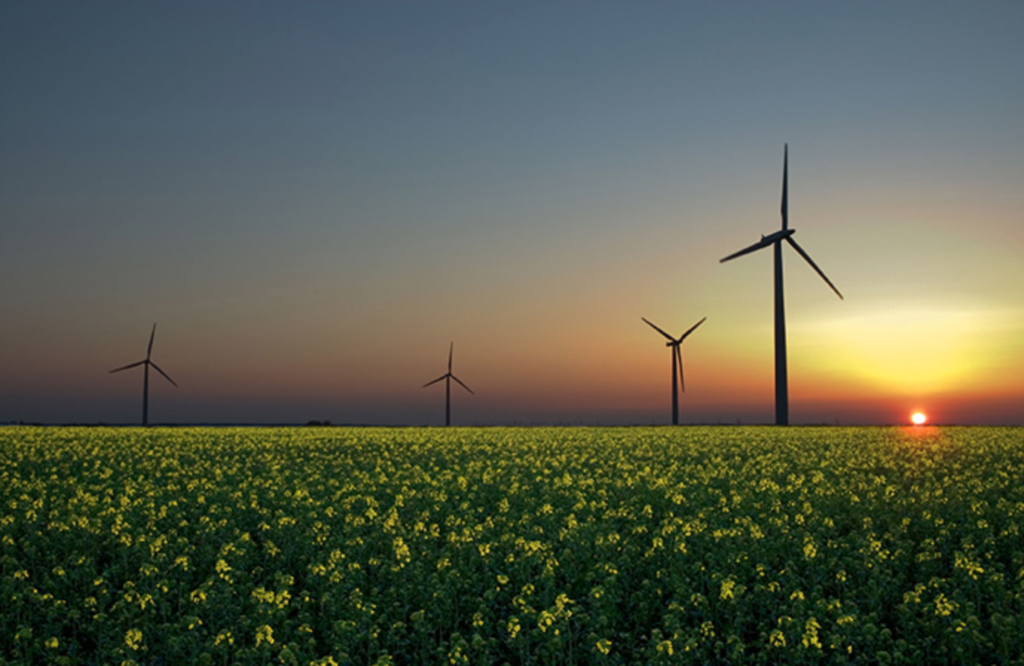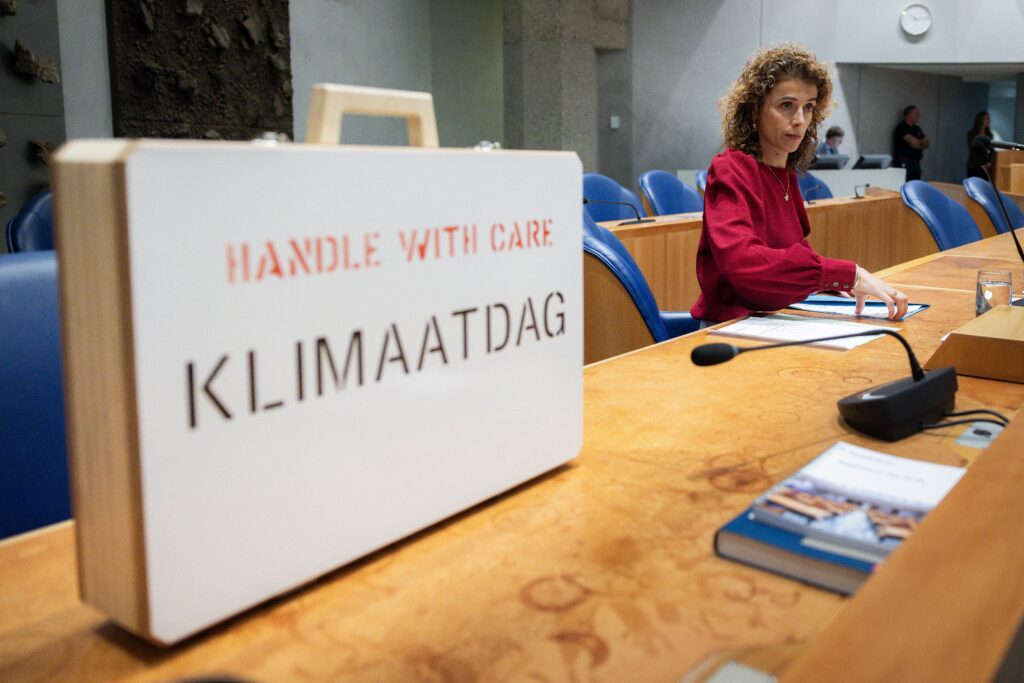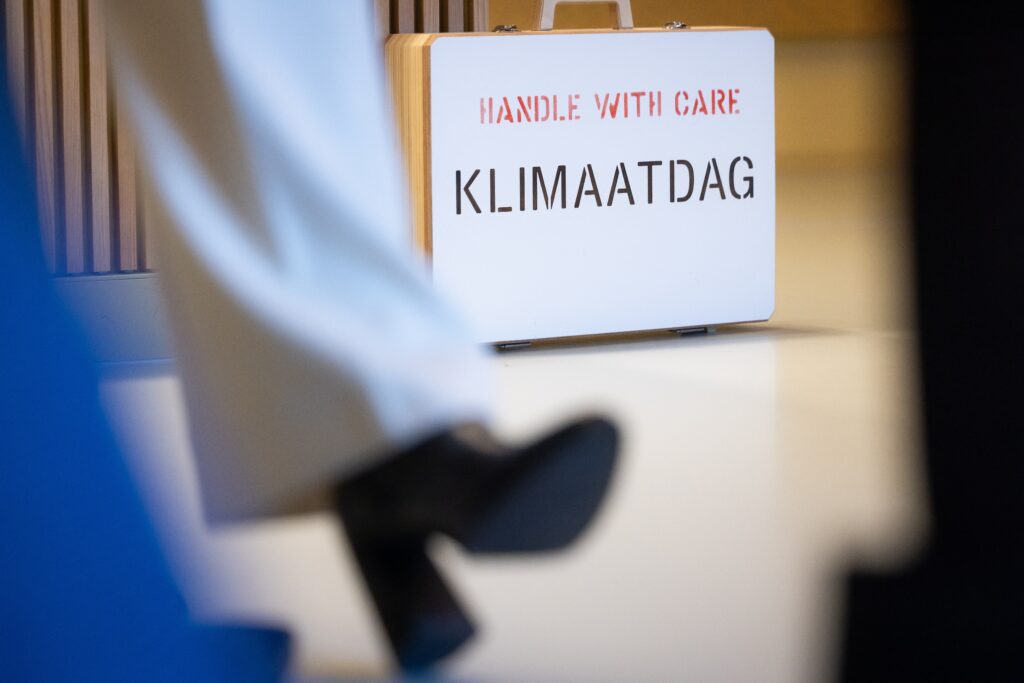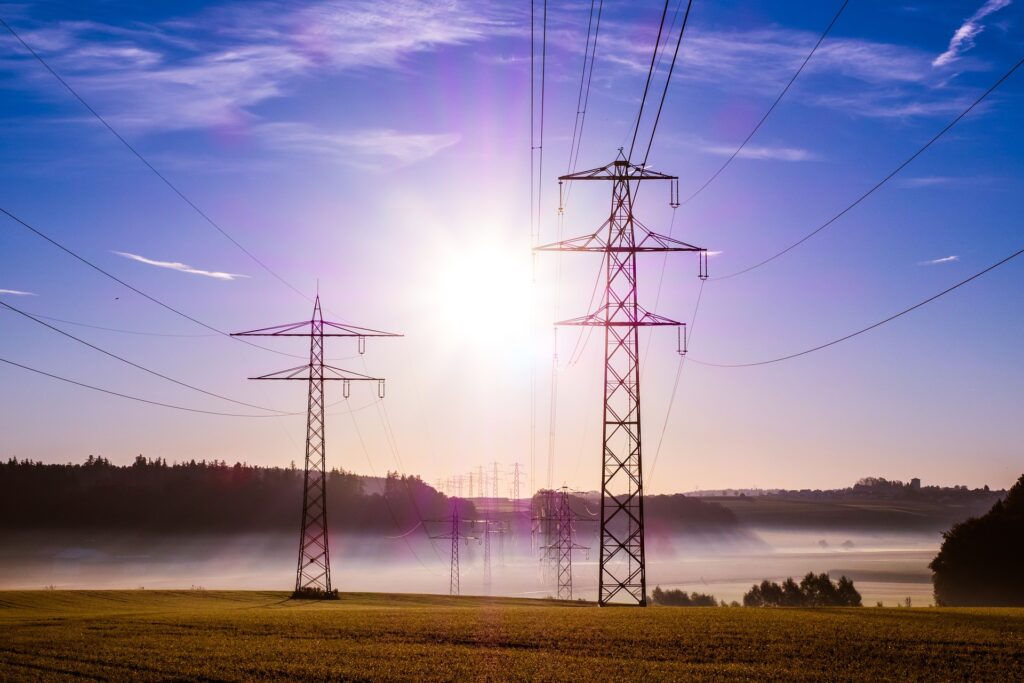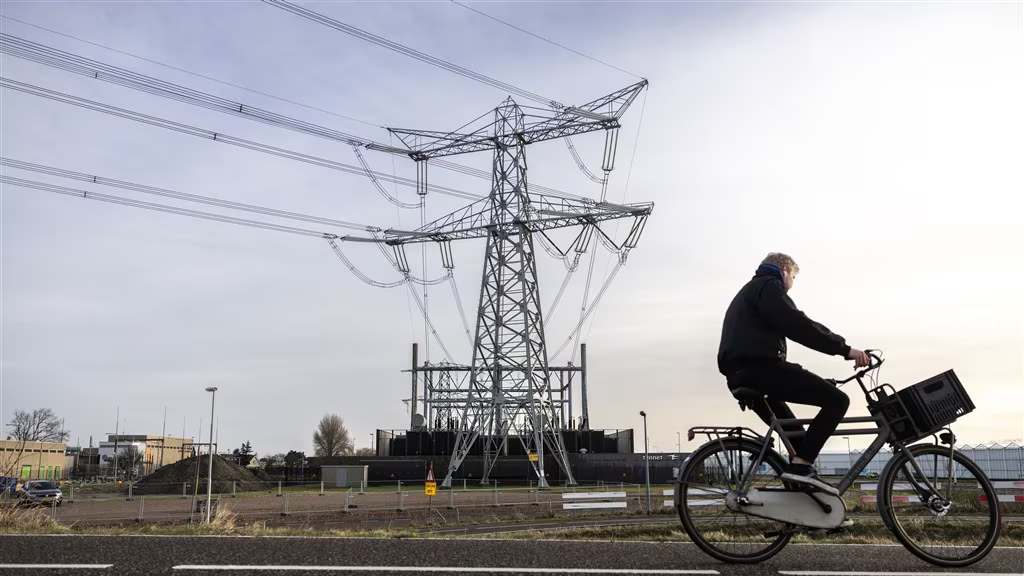Energy Netherlands Advice of the Week #3: Expand electricity grids as quickly as possible so that they are suitable for a completely CO2-free electricity system in 2035*. What do we mean by this? The electricity grid is overcrowded. Housing construction is being postponed, companies cannot expand or become more sustainable and schools are without an electricity connection. The energy transition is being slowed down. Expanding and strengthening the grid is the first priority to tackle this. The network operators indicate this themselves. This requires: major investments, innovation among grid operators, shorter permitting processes, accelerated consultation procedures and training of additional people for the construction and reinforcement of the grid.
The existing networks must also be used as smartly as possible. Companies are ready to help relieve the grid, but for this they must be offered the right contracts. Grid operators can use flexibility tenders to get investments in flexibility (for example batteries) off the ground where necessary.
Why now? Today, January 17, a hearing with the grid operators is on the agenda of the EZK committee. Representatives of Liander, Enexis, Stedin and TenneT have been invited to this event. During a hearing, Members of Parliament are given the opportunity to ask critical questions about grid congestion, its origins and solutions. The following week (January 24) will be the committee debate on New Grid Congestion Measures. Energie-Nederland is very involved in this subject as its members also suffer from the consequences of grid congestion and want to actively contribute to solving this. That is why Energie-Nederland has been advocating pragmatic solutions and drawing up an implementation agenda for some time. It is therefore good that the EZK committee pays extensive attention to the current problem and insists on solving it as quickly as possible.
*Is one of the 10 recommendations that Energie-Nederland sent to the new House of Representatives. In the coming period we will explain these one by one, based on current events. This week: grid congestion.

